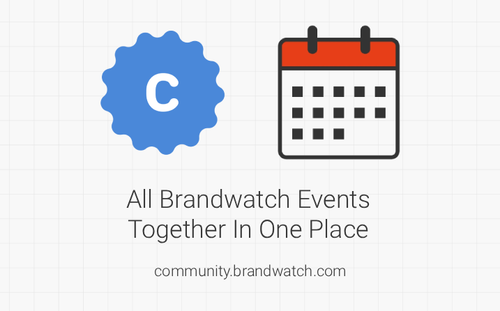Hello all!
Thought we could take a deep dive into one of our Operators, in this case….
The * Wildcard Operator
The purpose of the Wildcard operator is to find mentions that include the root of a word. It’s really useful for finding lots of variations on a word, without having to include them all in your query.
For example, I could write a query that looks like this:
Kiss OR Kisses OR Kissing OR Kissed OR KisserBut using the Wildcard operator, I can shorten that query down to:
Kiss*The use of the * here instructs Brandwatch to find any word that contains the root Kiss.
Placement is everything with the Wildcard!
Where you place the Wildcard operator in a word has a big impact on the output. For example, if I were to move the * towards the beginning of the word Kiss like this:
Ki*Then this instruction tells Brandwatch to find any word that starts with “Ki”. Kids, Kin, Kim, Kissing, Kilogram, Kindling and many more would be captured by this query.
Similarly, I can restrict the number of words found by moving the Wildcard further towards the end of the word. If I write a query that looks for:
Kisse*Then Brandwatch will find words like Kissed, Kisser and Kisses - but not Kissing.
Question Mark ? Operator
The purpose of the question mark operator ? is as a mechanism to complete certain words, for example:
- Misspelled words:
bel??veORsep?rate - Language differences e.g. English UK vs US:
customi?e
It isn’t so useful when letters are mistakenly added to create a misspelled word, such as MacDonalds. In this case, you should add MacDonalds to you query directly.
- ? has to be something, it can’t be nothing. It’s a character replacement. Unlike the * Wildcard, which can be anything including nothing.
- You can’t use ? or * at the start of a word because the system has to start somewhere to match a word. If we have no letter at the start of the word, the system can’t “start” its search as it doesn’t know what it is matching.
Over to you!
Have you used the Wildcard operator in any of your queries so far?
Will you use it more in future?
Let us know below.
➡️ See more posts in the Boolean Explained series here.


